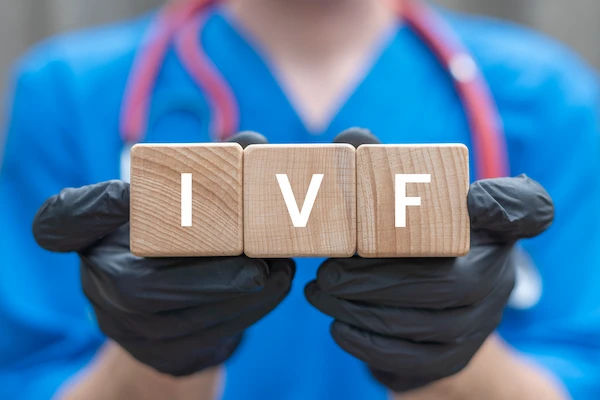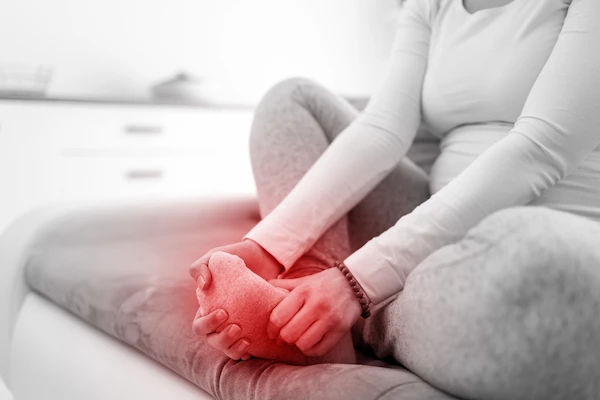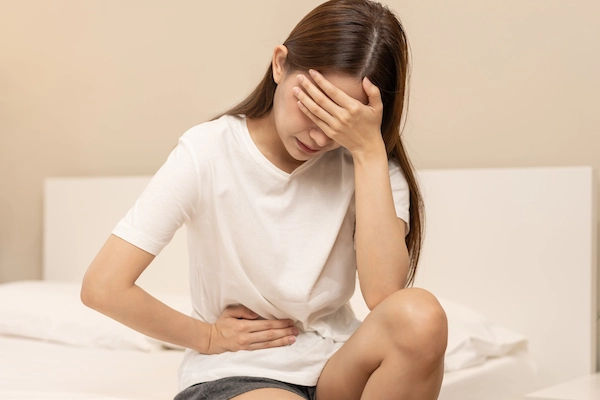- Female
- 27 Years
- 22/01/2025
I experienced a mild pain during sex with my boyfriend two nights ago and initially thought it was just due to deep penetration. However, right after, I started feeling this severe, sharp pain in my lower abdomen and rectum so intense I could barely stand or walk. I've been having a hard time peeing and passing gas, felt extremely bloated, even vomited, and also had the urge to poop. Could this be something serious or is it a normal reaction? What should I do?
Answered by 1 Apollo Doctors
That's usually normal after first intercourse no need to worry that will subside on its own, maintain personal hygiene and take proper rest
Dr. Dr Khaleel Suggests...
Consult a Obstetrician and Gynaecologist
Answered 04/07/2025
0
0

More Obstetrics & Gynaecology Health Queries
View allI've been having heavy bleeding every 20 days with 2 days of spotting and 7 days of continuous bleeding, along with pain near the vagina. My sonography showed an endometrium thickness of 1.8 cm, an endometrium polyp of 1.2x1.0 cm, and uterus measurements of 8.0x5.7x4.7 cm. The doctor suggested removing my uterus is that really necessary? Can this be treated without surgery, and what are the other options? If surgery is the only way, what are the newer techniques available, their costs, and which one has minimal side effects?
cost depends on dr and hospital.
Answered by 1 Apollo Doctors
I'm really anxious about my next period and wondering what my options are for abortions in the first two months. Is there a way to have an abortion at home without surgery? If so, how does it work? I could really use some guidance.
Medical abortion is a common choice for terminating a pregnancy within the first nine weeks. It involves using medication to end the pregnancy and is highly effective during the first two months. Medications Used: The process typically involves two drugs.
Answered by 1 Apollo Doctors
I've just gotten my STD test results back, and I'm a little worried. My HSV 1 IgG test is positive, but the IgM is negative. I've never had symptoms before, and last month was the first time I had oral sex, so I thought itd be a good idea to get checked. The healthcare provider mentioned everything is okay, but I'm still stressing out. Should I really be worried about this? Could this be something serious?
visit dermatologist for evaluation and appropriate management
Answered by 1 Apollo Doctors
Disclaimer: Answers on Apollo 247 are not intended to replace your doctor advice. Always seek help of a professional doctor in case of an medical emergency or ailment.





